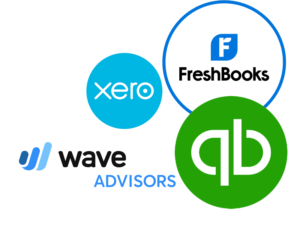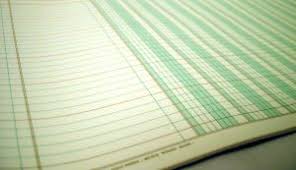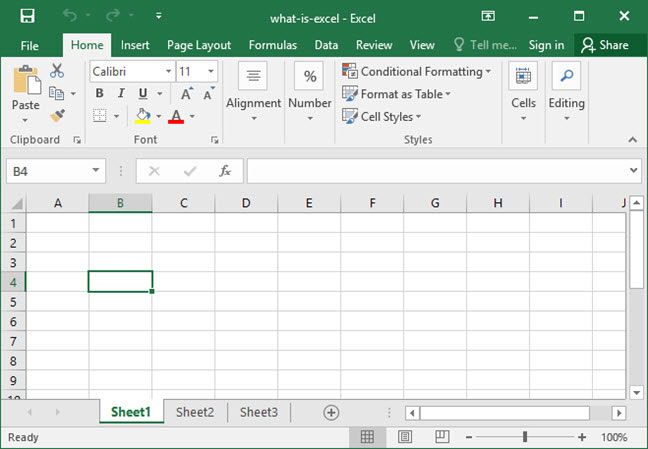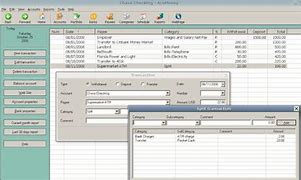Migrate to ZohoBooks?
TIL how to migrate from QuickBooks to ZohoBooks.
So why did I do this? For years I have been providing custom migration services from pretty much any other software to QuickBooks Online. This year I noticed something different. Suddenly I was getting requests to migrate FROM QuickBooks Online and most of the requests were to ZohoBooks.
What?! Why the sudden interest in migrating to ZohoBooks?
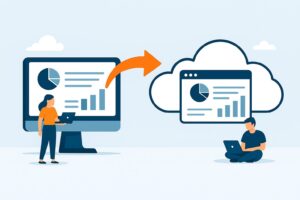
Especially from QuickBooks Online. I suspect it is due to a combination of the rapid price increases by Intuit plus all the changes to the QuickBooks platform (often without notice and just as often not well tested). If any one has thoughts on this, I love to hear it in the comments.
I don’t really know why the increased interest in ZohoBooks, what I do know is that it seemed like time to take a look at migrating to ZohoBooks. Since I am an expert at migrating accounting systems – how hard could it be? (Spoiler – not hard at all).
So I created an account on ZohoBooks and started looking around. I did find quickly the places where information could be migrated, so I just jumped in.
Migrating to ZohoBooks is like migrating to any other accounting package, first you set up the basics, Chart of Accounts, Customers, Suppliers/Vendors, Item List and opening balances. Sample import templates are easily found.
Importing information was straightforward. I really liked how ZohoBooks does a validation and gives a summary report on the state of the file to be imported BEFORE you do the import. This gives you an opportunity to go back to the file and make any corrections. You can also download the actual error file as well so you can go through all the lines in your import file and make any corrections.
For my test, I chose to upload journal entries. Mostly because I have a code base that already turns an export from QuickBooks into a file ready to be imported. It was easy enough to customize this and create an import ready journal file specifically for Zoho Books.
I couldn’t find anywhere a limitation on the lines in the import file and I tried some with varying number of lines. All seemed to import fine although bigger files can take some time. One thing I would have liked to see is a status on how many records have been imported, there’s just a swirling icon that indicates the progress.
Once my import was completed, I compared the Trial Balance with my test data and it all balanced quite nicely. It is my second day with Zoho, but I was able to create a number of custom reports quite quickly.
I went on to import open Invoices and Bills and setup the GST/HST. Reconciled the bank, and I was done!
It wasn’t EXACTLY the same and there are something in QBO that I did still like better. I created a chart showing the differences I found between migrating to QBO and migrating to ZohoBooks.
Feature | Zoho | QBO | Winner |
Import | Clean, opportunity is given to download any errors and stop the import. | Clunky. If there is an error must screen print the error. No way to pre-check before importing | Zoho |
Import line limit | Doesn’t appear to have a limit | Limited to 1000 | Zoho |
Documentation | Documentation for Zoho leaves a lot to be desired. Account types were misspelled, and some type were missing in the import documentation. In some cases, there was no documentation at all for some of the fields. | Very good. Lots of information and videos available. | QBO |
Account name structure | Zoho doesn’t allow subaccounts to share name. All subaccounts have to have a unique name. Makes it clunky to name accounts. | QBO Allows subaccounts to have the same name. This is very handy when you are structuring a chart of accounts. | QBO |
Interface | Zoho interface was clean and consistent between all modules. The current file in use was always displayed at the top right-hand side of the screen. | QBO screens do not consistently display the file name you are working on. When I first started migrations, I inadvertently picked my own file to import a chart of accounts because the import screen doesn’t show the file you are on. | Zoho |
Multicurrency | Even though the file was set to multicurrency, I wasn’t able to create a Foreign AP or AR account. All transactions had to be converted to CAD, so not sure how this works in real life. | QBO lets you create multiple AR/AP accounts (actually forces you to create them for each currency). | QBO for now because it just might be I don’t understand completed how Multi-currency works in Zoho. |
Customers/Vendors/Suppliers | Can have the same name | Names must be unique between Customer and Vendor/Suppliers. Causes a lot of duplicate entries. | Zoho |
This was my first shot at migrating to ZohoBooks and I feel like it was a success. There are a lot of similarities between migrating to ZohoBooks and migrating to QuickBooks Online. Because it was the first one, I had a lot of manual work in excel to get the imports just right. Once I work through my process the actual migration steps will be very similar to migrating to QuickBooks Online.
Now the next time someone asks me about migrating to ZohoBooks, I can confidently say YES I can do it!
